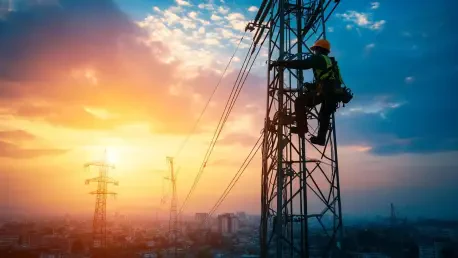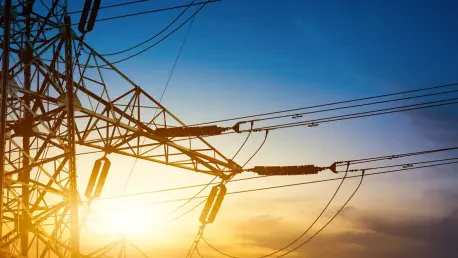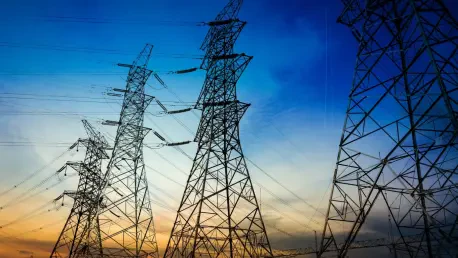
The movement toward seamless power grid integration across Europe is becoming not only a strategic priority but an imperative for energy resilience and sustainability. Recent disruptions, including major outages impacting Spain and Portugal, underscore the critical need for improved grid

In today's fast-paced digital world, the demand for electricity in America is skyrocketing after a period of stagnation, driven by the increasing presence of artificial intelligence and energy-hungry data centers. Christopher Hailstone, a respected authority in energy management, renewable

How much energy do you truly possess in your battery storage? The question might appear straightforward, yet it belies a complex reality. For operators of grid-scale battery energy storage systems (BESS), the accuracy of this calculation can mean the difference between profitability and financial

The fate of California's energy reliability often hangs in the balance as wildfires rage across the state's vast landscapes. With over 360,000 customers losing power during electric utility shutoffs aimed at preventing fire outbreaks, a dire scenario unfolds. As flames creep dangerously close, a

In today’s rapidly evolving energy landscape, the need for efficient interconnection processes has never been more pressing. With soaring electricity demands, regions like Texas are exploring novel approaches to manage and expand their grids. Christopher Hailstone, an expert in energy management

In an exciting development for the energy and tech industries, Christopher Hailstone joins us to dissect a groundbreaking agreement between Meta Platforms and Constellation Energy. With a wealth of experience in energy management and renewable energy, Hailstone is well-equipped to provide insights